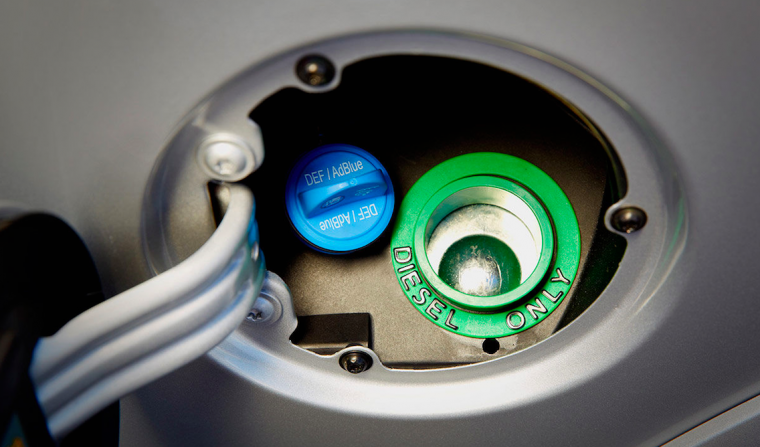Researchers Get Serious About Biodiesel Production
Today is a time of great upheaval in the source of your car’s power. Generally, there has been a global trend toward greener technology, with diesel facing harsh problems thanks to the Volkswagen emissions cheating scandal. However, there is one fuel in the background that could bring back diesel while still getting greener, and the research into its development is getting serious.
Serious Power: Explore the full-size heavy-duty pickup Chevrolet Silverado 2500HD
That fuel is biodiesel. In the US, it largely comes from growing one of various species of algae, which don’t need potable water to grow and can be grown in vats, absorbing lots of carbon dioxide. However, despite the hype that it could lower greenhouse emissions without taking growing space from food crops (unlike ethanol, which comes from corn), it hasn’t made any significant strides toward actual commercial use.
Now, though, researchers from University of Michigan and Penn State University are launching an initiative to identify and overcome the myriad small problems that are keeping biodiesel from large-scale growth. They are using funds from the U.S. Department of Energy’s “Co-Optimization of Fuels and Engines” program to look over every step of the process. Then, the program will test the fuel in a heavy-duty diesel semi-truck engine and a light-duty passenger vehicle engine.
Light-Duty Diesel? The Chevy Cruze offers a diesel engine that delivers up to 52 mpg highway
After the 3-year program ends, the result will hopefully be a set of best practices on how to grow algae, process it into diesel fuel, and maximize performance. In theory, biofuel producers could take these recommendations and set up large-scale cultivation ponds. Then, the only remaining hurdle will be convincing commercial truck fleets to buy into the fuel.
News Source: Green Car Reports

The News Wheel is a digital auto magazine providing readers with a fresh perspective on the latest car news. We’re located in the heart of America (Dayton, Ohio) and our goal is to deliver an entertaining and informative perspective on what’s trending in the automotive world. See more articles from The News Wheel.


